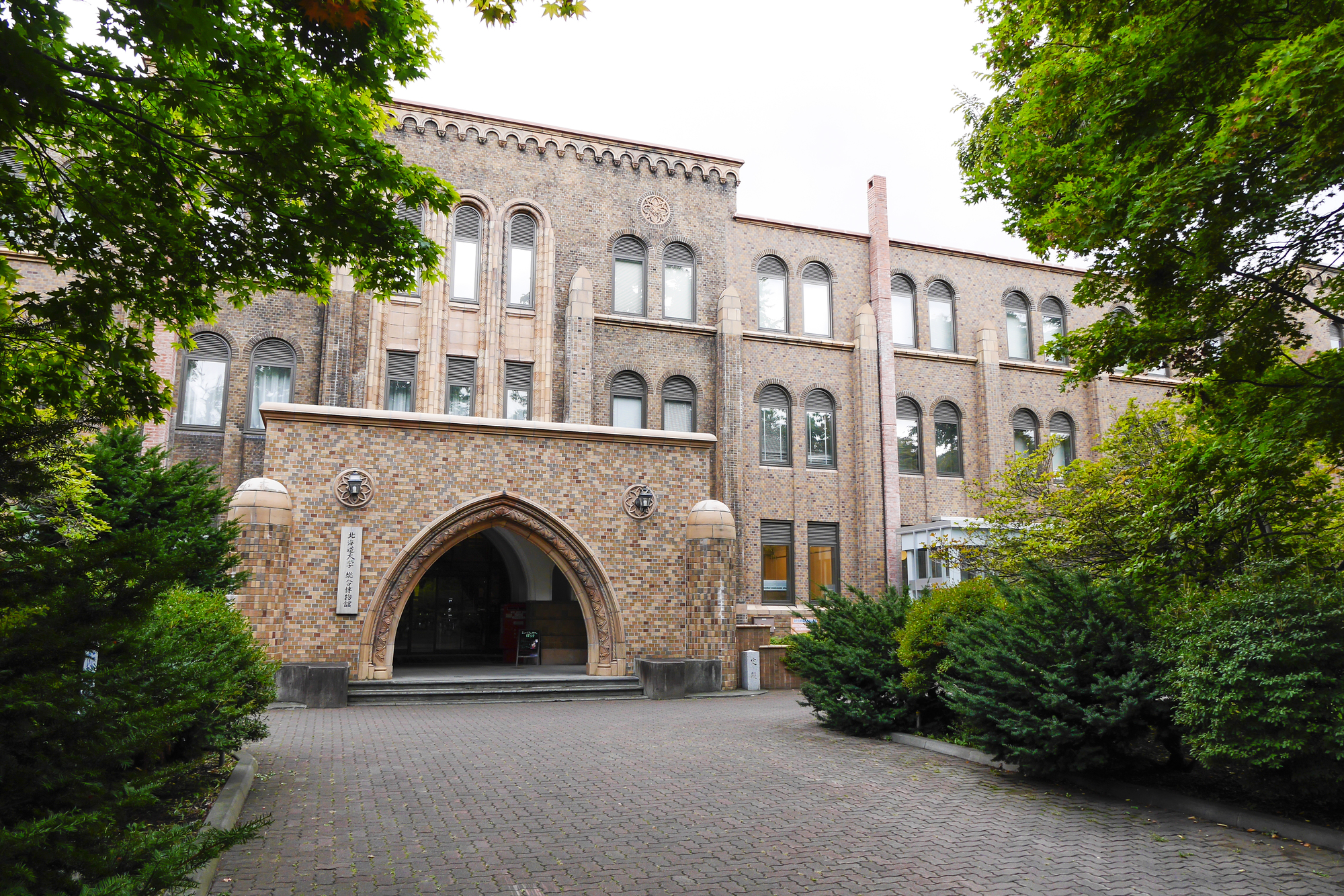A research group led by Postdoctoral Fellow Nobuo Ishiyama of Hokkaido University and Researcher Riyuki Maezaki of the National Institute for Environmental Studies found that traffic noise shortens the distance traveled by Japanese tree frogs at night on artificial bare ground that imitates roads. Revealed.This is the first empirical data showing the fear that traffic noise is promoting amphibian road deaths such as frogs.
Animals that live in habitats divided by cities and roads often pass through various surrounding land uses and migrate and disperse to neighboring habitats.In recent years, with the rapid development of the road network, the effects of traffic noise on the movement and dispersion of animals have attracted attention, but no empirical research has been conducted so far.
The research group has set up two experimental zones for each of the three types of land use (forest, grassland, and artificial bare land that imitates roads) that exist in the city.Using 3 tree frogs, the distance traveled per night was investigated in each experimental plot with and without traffic noise from the speakers.As a result, traffic noise did not affect the distance traveled by tree frogs in forests and grasslands, but the distance traveled was shortened by about 2% in artificial bare land.
These results suggest that the impact of traffic noise on animal movement dispersal varies from land use to land use, and that traffic noise can impede movement dispersal in low-quality bare land such as roads.In particular, the effects on artificial bare land mean delays in movement dispersion, and traffic noise may contribute to road death, which is one of the major reduction factors for amphibians.
In the future, it will be necessary to examine the actual impact on the road and to directly verify whether the reduction in traffic noise on the road leads to a decrease in the frequency of road deaths.
Paper information:[Global Ecology and Conservation] Noise pollution alters matrix permeability for dispersing anurans: Differential effectsamong land covers

